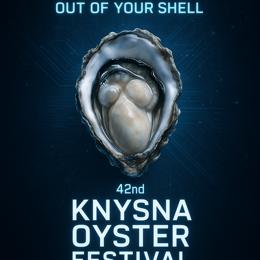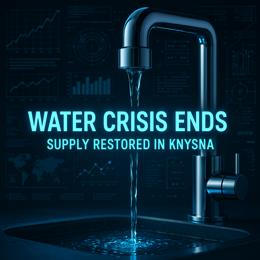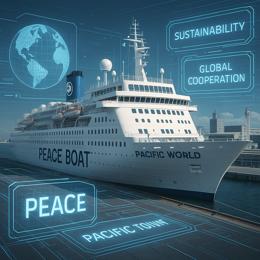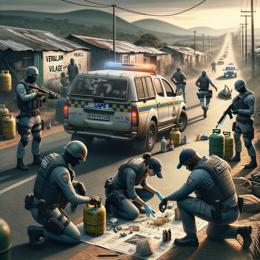Image created by AI
Tshwane Metro Confronts Water Tanker Syndicates Amidst Infrastructure Crisis
The City of Tshwane is fighting against a sophisticated "water tanker mafia", a crisis brought to light by Themba Fosi, the political head for utilities, regional operations, and coordination. The capital city is currently spending close to R98 million annually on water tankers, an expenditure that excludes additional emergency costs.
This informal syndicate has exacerbated the Gauteng metropolis's water supply crunch that stems from increased demand coupled with aging infrastructure. With similar stresses witnessed in other provincial territories like KwaZulu-Natal, the broader impact signals a national water stress issue. This concern has extended to the agricultural sector, which uses about 60% of the country's water, primarily for crop irrigation.
Fosi detailed incidents in areas like Bronkhorstspruit, where deliberate tampering with municipal water systems has led to a reliance on tanker-supplied water. This sabotage includes extensive vandalism and manipulation of valves and pipes, as he described, "self-imposed" disruptions. Moreover, questionable invoicing practices have surfaced, compromising the fiscal integrity of operations meant to ensure water availability for the city's residents.
The pronounced misuse and operational challenges come amidst broader initiatives to bolster the city's water management systems. Tshwane Executive Mayor Cilliers Brink announced a significant investment of R450 million over three years to upgrade the Rooiwal waste treatment plant – a poignant response to the cholera outbreak in Hammanskraal in May 2023.
Additional commitments of R92 million for wastewater treatment facilities, R66 million for replacing old pipes, and R65 million for reservoir expansions encapsulate a multi-pronged strategy to address the water woes. Yet, the city's water challenges persist, with alarming losses to leaks and inefficiencies – as noted by both government and WaterCAN, an initiative of the Organisation Undoing Tax Abuse (Outa).
The water crisis has prompted collaborative measures, such as the June agreement between Tshwane and the National Department of Water & Sanitation. The partnership is expected to leverage technical expertise, financial assistance, and holistic strategies to combat not only the water tanker syndicates but also the underlying issues of pollution, infrastructure, and workforce development.
The campaign extends into public education, infrastructure benchmarking, and resource planning, targeting a stark turnaround from the pattern of outages, losses, and water scarcity that has plagued the metro and its people.










